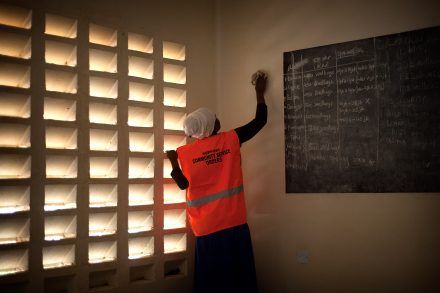New resources launched for implementing a gender-sensitive approach to non-custodial sentences

PRI has launched a number of new resources for implementing a gender-sensitive approach to non-custodial sentences.
Typically, women are convicted of petty crimes closely linked to poverty, and gender-sensitive alternatives therefore carry a huge potential to avoid imprisonment. However, non-custodial sentences globally have been almost exclusively created for men, by men, and the differing needs and experiences of women completing these sentences have been largely overlooked.
To address this gap, since 2015, Penal Reform International has been conducting a pioneering, multifaceted project that focuses on the experiences of women completing non-custodial sentences in Kenya, and the investigation of how to best adopt a gender-sensitive approach.
The project was implemented with a view to developing a model that is replicable across an international context, and we have therefore created a number of resources that can be used in other countries, including:
- A model for reform that lays out 10 key steps to take when replicating the project in other countries
- Guidelines for incorporating a gender-sensitive approach to social enquiries and pre-sentencing reports
- A half-day workshop for probation officers and relevant stakeholders, to sensitise them regarding the specific background and situation of women offenders
- An external evaluation of the project
Click here to view the resources.
More information
The project was devised and implemented as a partnership with the Kenya Probation and Aftercare Service (KPAS), and funded by the Thailand Institute of Justice (TIJ).
Image: © Will Boase 2015